Wilderness:
An untrammeled place where man does not remain?
Perhaps – if you’re a bureaucrat or lawyer or legislator.
But to Jamie Pinkham, a Nez Perce Indian who grew up in Idaho, wilderness means “home.” Pinkham recalls camping with his grandmother in a tipi while harvesting berries. He didn’t think of the outings as wilderness trips, but rather as following the season to places where Nature provided the resources that sustained his people.
Pinkham offered that perspective at the recent Lake Superior Wilderness Conference in Duluth, Minn., which celebrated the 1964 passage of The Wilderness Act. From 9.1 million acres protected initially, the country’s designated wilderness has grown to more than 100 million acres in 757 sites.
Award-winning environmental writer Michael Frome, now age 94, reported on the long debate over the controversial legislation. He called The Wilderness Act “democracy at its best.” Although federal agencies mostly opposed the measure, citizen conservation groups managed to push it through Congress. And Congress has approved all the subsequent wilderness additions.
Frome reflected that wilderness can help us find out who we are, where we came from, and what we are part of. Wilderness is sacred space, with sacred rhythms. Wilderness preservation and appreciation could be one antidote to the hatred, prejudice, and greed that trouble our world, he suggested.
Jim Pfitzer, in a monologue portraying Aldo Leopold, noted Leopold’s role in setting aside New Mexico’s Gila Wilderness in 1924. As a young forester, and later as a leader in the conservation movement, Leopold recognized the value of wild places – especially for future generations.
“I am glad I shall never be young without wild country to be young in,” Leopold wrote.
But involving young people is becoming even more of a challenge in a society so disconnected from the natural world, lamented Chad Dayton, an educator with Wilderness Inquiry. He called for partnerships among public schools and public lands – noting that too few land managers are willing to cope with a “youth invasion.” More exposure to public lands – wild lands – could help kids develop ethics and stewardship, he said.
The conference concluded with “Paddle to D.C.” – the send-off of Dave and Amy Freeman to paddle their canoe 2,000 miles to Washington, D. C., to lobby for protection of the Boundary Waters Canoe Area Wilderness (BWCAW) watershed from threats of sulfide ore mining.
